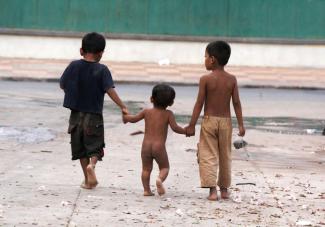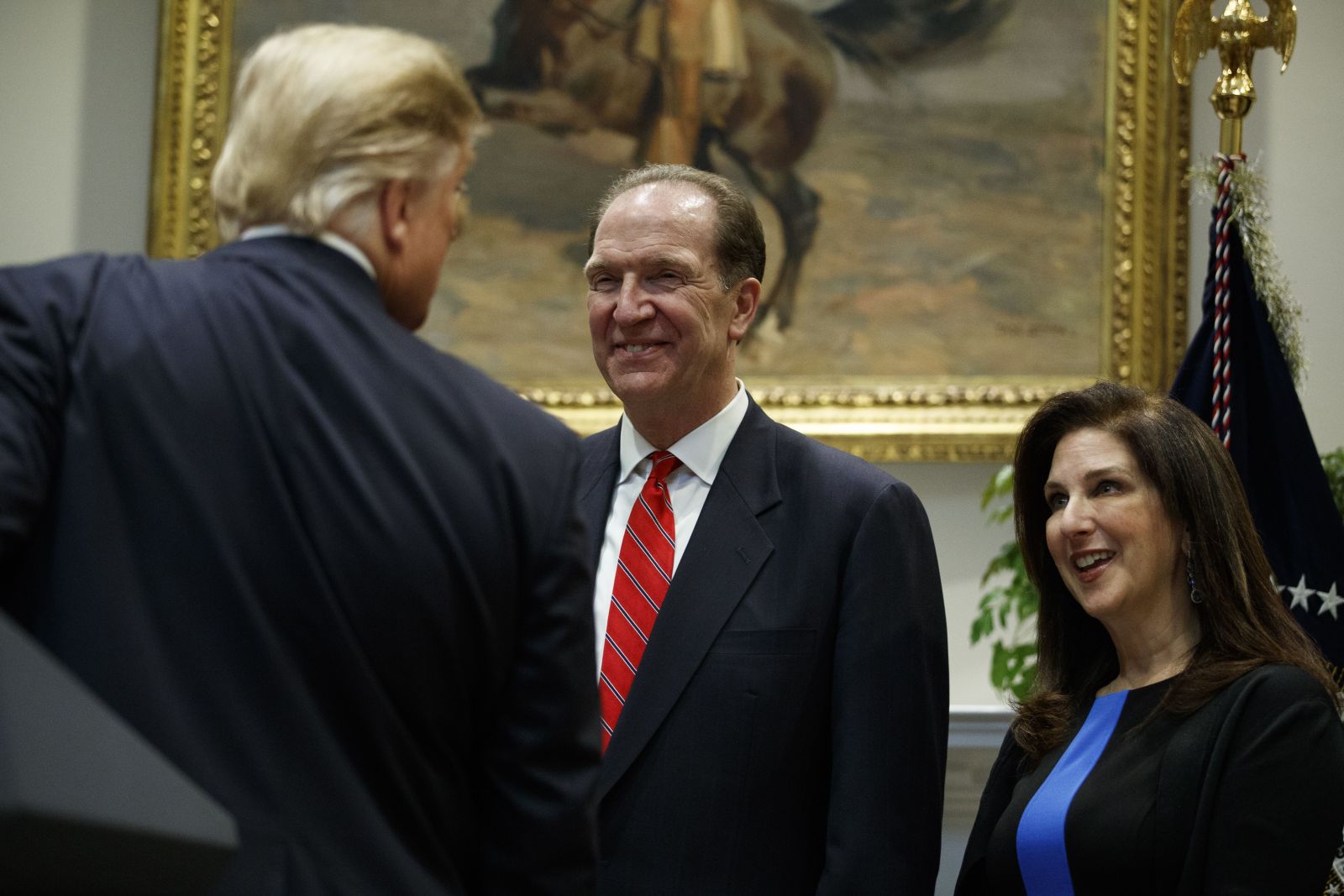Our view
Creating equal opportunities

The former child enjoys many luxuries, from a world-class education at prestigious universities that helps him obtain his career aspirations to the best health care in the world. The latter child is not so fortunate. He might not even finish primary school before he is needed to help support his family, either by working in the fields or by looking after his younger siblings. These children seldom experience childhood. Due to the lack of adequate health care, even diarrhoea can be fatal.
Children in war and crisis zones and those on the run or in camps are not even considered. Children who are forced to work, have a disability, live on the streets or are abused have a particularly hard time. For others, there is an inability to enjoy one’s childhood because of an oversized responsibility or the constant pressures of their parents. A nurturing and safe childhood is by no means a certainty for every child in the world.
But it should be. Every child deserves equal opportunities in life, and the world community has a responsibility to create them. This goal is being presently worked on within the framework of the 2030 Agenda, for example. Whether it is a quality education (Sustainable Development Goal – SDG 4), gender equality (SDG 5) or reduced inequalities (SDG 10) – children will benefit particularly from improvements.
Much has already been achieved. Between 1990 and 2015, the period of the Millennium Development Goals (MDGs), the number of children of primary-school age who did not attend school fell by almost half globally. The mortality rate of children under the age of five was also halved. Yet, the target was higher for both MDGs.
Health, nutrition and education are key areas. Only a healthy child can develop and learn properly. That is why the strengthening of health systems in developing countries is so important, and so is universal health-insurance coverage. Only a child with a full stomach can concentrate on school work. School meal programmes are some of the most successful development measures as long as hunger is not eradicated.
Education is the basis for almost everything in life: family planning, gender justice, political participation, finding a fulfilling career. The foundations of which are laid at birth. Early support in families that do not make it on their own initiative is therefore straightforward. The vast majority of parents want the best for their children. However, not all of them can provide it; persistent socio-economic and political barriers create unfavourable conditions for many.
At the core of the 2030 Agenda is the commitment to leave no one behind. It should apply to children in particular. They cannot control the circumstances into which they are born. That being said, there is too great of an inequality between children from different parts of the world. Consequently, there is a great need to balance these divergences.
Katja Dombrowski is member of the editorial team of D+C Development and Cooperation / E+Z Entwicklung und Zusammenarbeit.












